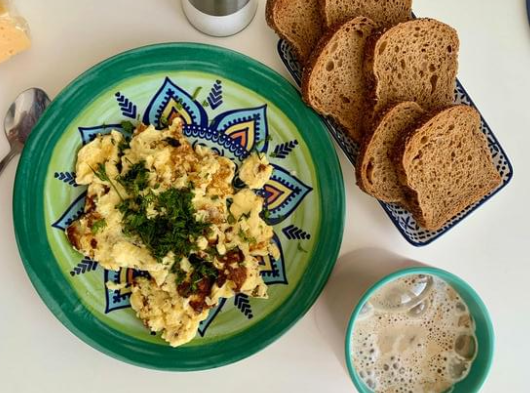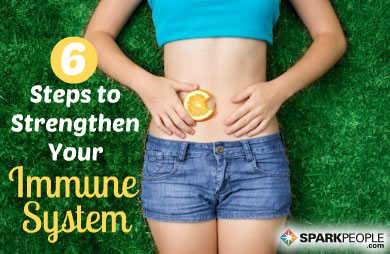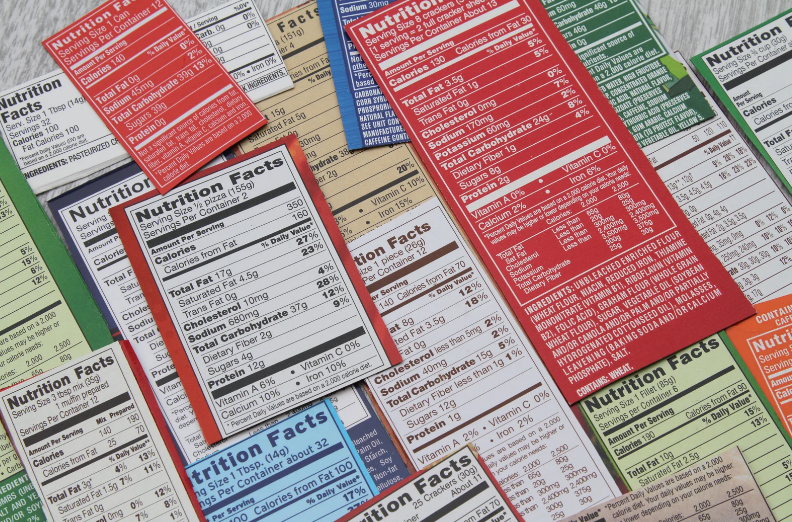
It may sound unusual to hear advice on increasing calories, but for some people, meeting even the minimum calorie needs can be a real challenge. Loss of appetite, busy schedules, certain health conditions, or simply being in the habit of eating too little can all play a role.
Getting enough calories is essential. Your body needs energy not only for daily activity but also for important functions such as maintaining a healthy metabolism, meeting nutrient needs, and keeping your energy levels stable. In fact, eating too little can work against your health goals and even make weight loss harder—not easier.
The tips below can help you add calories in a healthy way. Even small changes can make a difference, and by choosing nutrient-dense foods, you can make sure your body gets the fuel it needs to thrive.
Tips to Meet Your Calorie Needs
-
Eat smaller, frequent meals: Aim for 5–6 mini-meals or snacks throughout the day.
-
Choose nutrient-rich beverages: Try smoothies, milkshakes, or yogurt-based drinks instead of low-calorie or diet drinks.
-
Limit diet/light products: Select regular versions of foods to maximize both calories and nutrients.
-
Keep snacks handy: Quick, calorie-dense options include trail mix, nuts, cheese and crackers, dried fruit, granola bars, or fruit smoothies.
-
Try fortified milk: Mix 1 cup of non-fat dry milk powder into 1 quart of milk, stir until dissolved, and use it as you would regular milk for added protein and calories.
Easy Ways to Add Extra Calories
-
Mix dry powdered milk into mashed potatoes, hot cereal, soups, casseroles, or even ground meats.
-
Add an extra egg or egg white to casseroles, baked goods, or ground meat dishes.
-
Use milk instead of water when making oatmeal, cream soups, or hot cocoa.
-
Top vegetables, casseroles, potatoes, or sandwiches with cheese, sauce, or gravy.
-
Spread peanut butter on fruit, crackers, or toast.
-
Snack on nuts, nut butters, cheese, cottage cheese, or hard-boiled eggs.
-
Add healthy fats such as olive oil, avocado, butter, or mayonnaise to cooked grains, vegetables, and salads.
-
Sweeten cereals, yogurt, or beverages with a little honey or sugar if recommended for your needs.
-
Stir in sour cream, cream cheese, or whipped cream to potatoes, casseroles, or baked goods.
-
Toss nuts and seeds into salads, trail mix, or breakfast cereal.
Small but Mighty Foods
These foods pack a lot of nutrition into small portions—perfect if your appetite is low:
-
Eggs: hard-boiled, scrambled, or deviled
-
Nuts & Seeds: trail mix, peanut butter, sunflower seeds, mixed nuts
-
Dairy: cheese cubes, yogurt, pudding, frozen yogurt, custard
-
Grains: granola, whole-grain bagel with cream cheese, cereal with milk
-
Fruit: fresh fruit, dried fruit, or fruit added to yogurt, oatmeal, or salads
Drinkable Calories
If you don’t feel like eating, beverages can be an easy way to meet your calorie goals. Try:
-
Dairy-based drinks: smoothies, milkshakes, whole chocolate milk, or commercial eggnog
-
Drink mixes: hot chocolate, instant breakfast drinks
-
Nutritional supplements: Talk with your health care provider or dietitian before starting supplement drinks to make sure they’re right for you.
The Bottom Line
Eating enough is just as important as eating the right foods. If you find yourself skipping meals, struggling with appetite, or unintentionally under-eating, try one or two of these tips each day to get back on track. Your body—and your energy levels—will thank you.Reviewed by a PeopleOne Health Registered Dietitian













